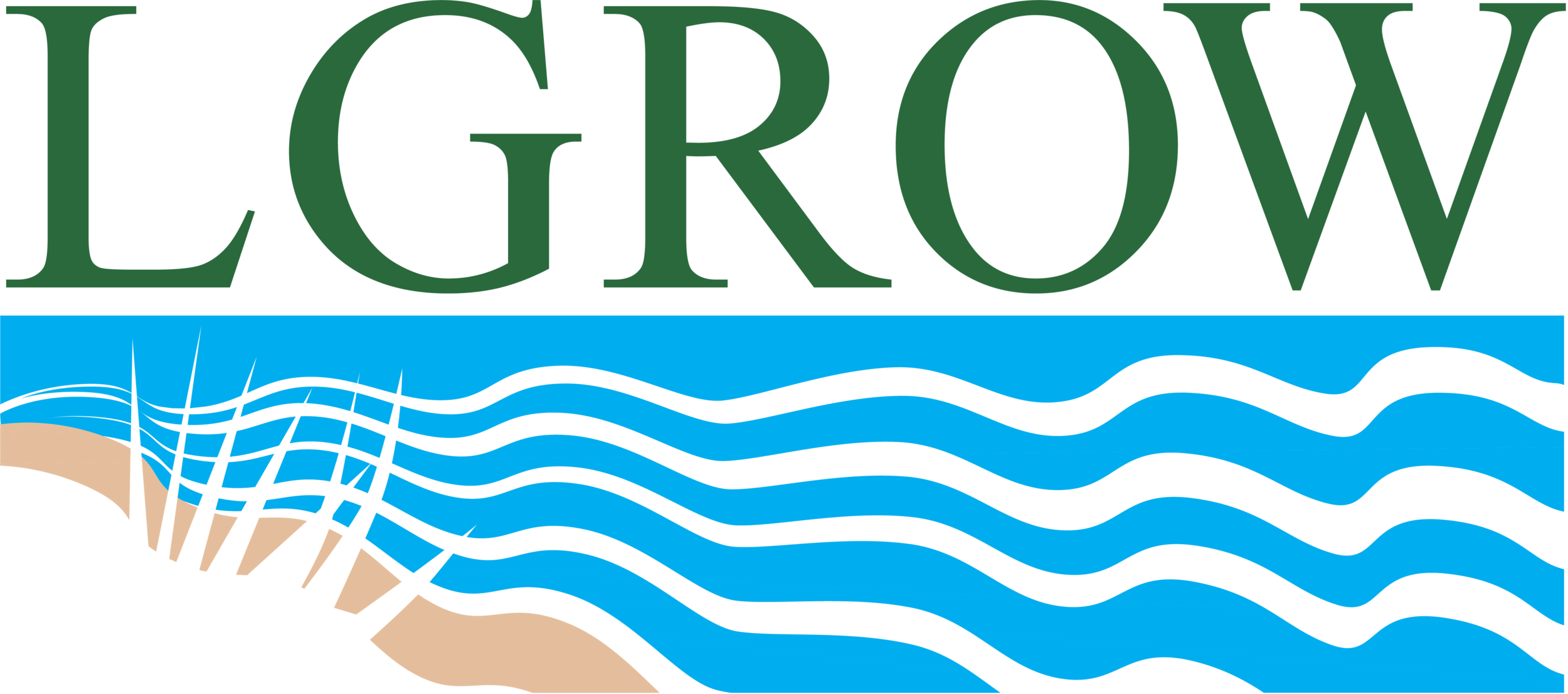Sustainable Watershed Funding Initiative
In 2014, the Michigan legislature approved Governor Snyder’s Regional Prosperity Initiative. The initiative encourages local private, public, and non-profit partners to work collaboratively to create vibrant regional economies. The initiative divided the state into 10 regions. Region 4, the West Michigan Prosperity Alliance (WMPA), includes 13 counties in West Michigan (see map). WMPA received State funding in 2014 to support projects that address regional economic issues.
Sustainable Watershed Funding Initiative (SWFI) Update
In 2021, the project team retained Public Sector Consultants (PSC) to facilitate a series of seven virtual round table meetings with watershed leaders from across the state. This effort enhanced awareness of the initiative and facilitated valuable input on the proposed funding mechanism. Following these sessions, PSC helped transition the initiative from a West Michigan–led effort to a statewide initiative through the formation of a leadership group comprising representatives of prominent watershed groups across Michigan. View summary of project here:
Project Collaborators
The following organizations/entities are participating in SWFI as collaborators and entering into a Memorandum of Understanding to collaborate and move this effort forward. . They are committed to the mission of SWFI and will work together to achieve its strategic objectives.
Grand Valley Metropolitan Council
Huron Pines
Huron River Watershed Council
ODC Network
Macatawa Area Coordinating Council
Southwest Michigan Planning Commission
Superior Watershed Partnership and Land Conservancy
Tip of the Mitt Watershed Council The Conservation Fund (Great Lakes Office and Saginaw Bay Program)
Tri-Counties Regional Planning Commission
West Michigan Shoreline Regional Development Commission
Read more about the background of the project below.
The Project
The Macatawa Area Coordinating Council (MACC), in partnership with the Grand Valley Metro Council (GVMC) and the West Michigan Shoreline Regional Development Commission (WMSRDC), submitted a proposal to investigate sustainable funding options to restore and protect Lake Michigan water quality. The proposed project included working with watershed groups within Region 4 to determine funding needs and complete a study of sustainable funding alternatives. The WMPA awarded funding to the project in March 2015.
Project Goals
The project’s overall goal is to secure sustainable funding for watershed management beyond what is available through competitive grant programs. Doing so will ensure that existing water quality management plans do not become outdated and that implementation is timely, cost-effective and sustainable and organizations overseeing this work are able to retain quality staff.
Study Phase
Project partners formed the West Michigan Watershed Collaborative (WMWC) during the first phase of the project to bring together watershed partners within the region to discuss priorities and funding needs. WMWC members provided information to compile a West Michigan Watershed Summary (see Documents below). Partners continually update the summary as new watersheds join the collaborative and the state approves new management plans. The project engaged the services of Public Sector Consultants (PSC) during the first phase to conduct a study of funding mechanisms that could provide sustainable revenue for watershed management. PSC completed the study, “A New Approach to Fund Watershed Management: An Evaluation of Funding Mechanisms,” in October 2016 (see Documents below).
Strategy Phase
The MACC submitted a request for additional funding to WMPA in July 2016 to continue discussions and analysis of sustainable funding mechanisms. WMPA awarded additional Regional Prosperity Initiative funding in October 2016 to support this next phase of the project. The project team retained the services of PSC to facilitate conversations with WMWC partners and other community leaders to discuss the feasibility of the funding options presented in the study. PSC analyzed and summarized these discussions, then outlined an implementation strategy in November 2017 (see Documents below).
Implementation Phase
Project partners are focusing on implementing the recommendations in the strategy. One action item was to estimate participation rates and develop revenue projections. The report suggested using a public opinion survey to do so. The MACC retained the services of PSC to conduct a public opinion poll in the summer of 2019. The results were published in November 2019 (full report available under documents). The key findings were:
Michiganders care about water quality (84.5%)
Michiganders think we should invest in our water (81%)
One-third of property owners surveyed are willing to donate
The median donation amount was $50 ($25-$75 range with 90% certainty)
People are supportive of the initiative even if they would not donate personally
The project team is working to move forward with additional recommendations including reaching out to legislators and key stakeholders to refine the strategy and work toward developing legislation.
Documents
A Sustainable Watershed Funding Strategy for Michigan: Results of Statewide Water Resource Leader Engagement (December 1, 2020)
West Michigan Sustainable Watersheds Funding Strategy (November 6, 2017)
A New Approach to Fund Watershed Management: An Evaluation of Funding Mechanisms (October 19, 2016)
West Michigan Watershed Summary
WMWC Member List
State of Michigan Prosperity Regions, click to enlarge
Region 4 Watersheds, click to enlarge
